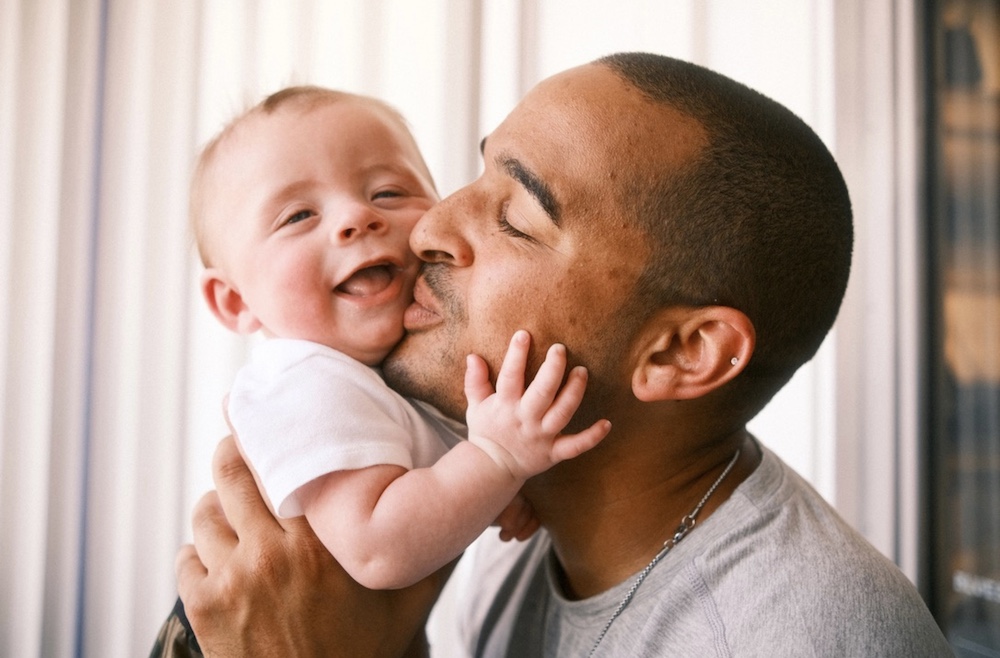On Thursday, the House passed a bill, known as the Equality Act, by a 224 to 206 vote — which is passed by the Senate and signed by President Biden would provide legal protections for LGBTQ people and families. Specifically, it would prohibit businesses and institutions from discriminating against people based on sexual orientation and gender identity. Only Three Republicans joined Democrats to help pass the bill.
This is not the Equality Act’s first rodeo — the legislation was first proposed in 1974, but New York Representatives Bella Abzug and Ed Koch. Many view the bill as the first piece of “gay rights” legislation ever introduced at the federal level. At the time, the Equality Act only specifically mentioned gays and lesbians, but the modern legislation extends to cover all sexual orientations and gender identities. The Equality Act has been introduced many times in the past, but has only passed through the House twice — this week, and in 2019.
You may be thinking — didn’t we just celebrate a Supreme Court victory that guaranteed these types of protections? And you would be right. But the passage of the act would further shore up the protections for LGBTQ people found last year by the Supreme Court — in a ruling that extended the protections laid out in the 1964 Civil Rights Act to cover sexual orientation or gender identity. And would also extend protections beyond the ruling’s workplace and housing protections to cover additional areas like loans, educational institutions, and public accommodations. Passage of the Equality Act may also blunt the impact of a Supreme Court case on the same subject, to be decided this June, that many legal observers believe may not go our way.
The “public accommodations” category may be of the biggest concern to LGBTQ adoptive and foster parents — the Act would likely prohibit any child welfare provider from receiving federal funding, or providing adoption or foster care services, it they actively discriminate against prospective parents based on sexual orientation or gender identity.
“Today’s historic vote is a powerful step towards full LGBTQ equality. It sends profound message that LGBTQ people should no longer be treated as second-class citizens,” said Erin Uritus, CEO of Out & Equal Workplace Advocates in a statement. “Our rights should not depend on who we love, who we are, or vary by what state and city we live in. Today, and finally, we are closer than ever to seeing this fundamental truth be recognized in the law across the entire nation.”
With the 50-50 split in the Senate between Democrats and Republicans — and the filibuster still in place in the Senate — the Equality Act will need to recruit the support of at least 10 Republicans to pass, which may very well mean the legislation will be, 47 years since it was first introduced, “just a bill on Capitol Hill.”
But Democrats — all of whom voted for the bill’s passage in the House — are promising to continue to fight, as will the same advocates who have been pushing for the legislation for decades now. “No matter what opposition from extreme lawmakers we may hear in the coming weeks, know that millions support us,” said HRC President Alphonso David in a statement.






